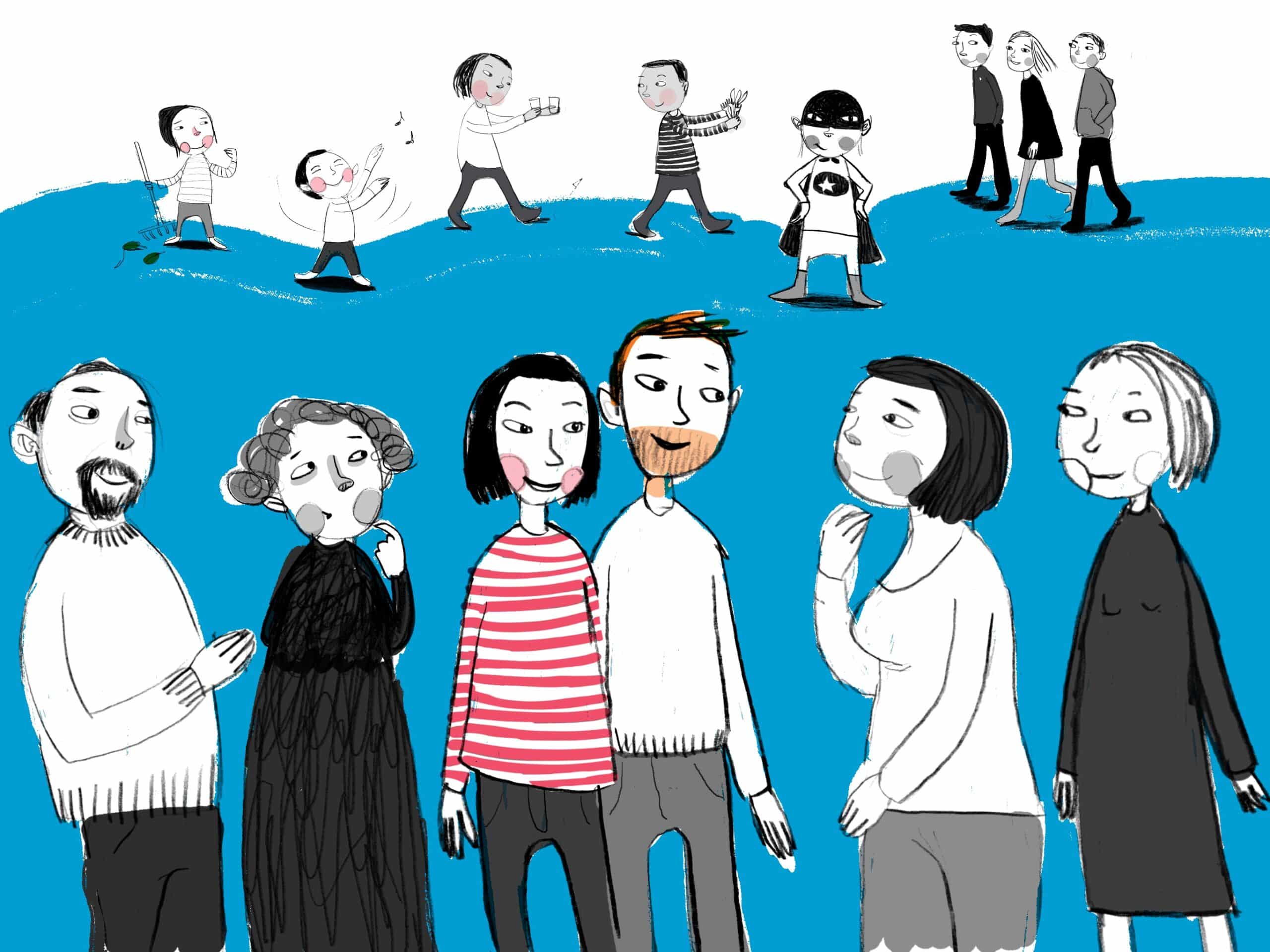Entebbe

Entebbe is located on the northern shore of Lake Victoria and has a population of approximately 80,000. The city is home to Uganda’s only international airport and is therefore important in terms of trade and international relations. Despite the region’s wealth in natural resources, living conditions for large sectors of the population remain very difficult. Many families live in poverty. Harsh living conditions and lack of access to basic services are a reality for many, including children. Unsafe drinking water puts them at risk of falling ill. Furthermore, education is not accessible for children from a poorer background, especially girls.
Since 2003, SOS Children’s Villages has been supporting children, young people and families and advocating for their rights in Entebbe.

30%
Of households can’t access safe drinking water
Many families live in dire conditions
The population In Entebbe is socially very diverse. Poverty levels have been on the decline in recent years and there are more and more permanently constructed houses. However, pockets of severe poverty remain. There are certain areas with a very high population density where living conditions remain harsh. In many cases, this persistent poverty is due to a lack of professional skills and hence employment opportunities, as well as a lack of capital, for example to start up a small business. Access to basic services here is limited. In fact, around 30% of households in Entebbe are not supplied with potable water. In many cases, children get diseases by drinking unsafe water. Diarrhoea along kills on average 33 children every day.

1 in 5
Children in Uganda attend secondary school
Children are unlikely to attend school
One of the best ways to escape poverty is education. While primary school enrolment is quite high in Uganda, including in Entebbe; access to secondary education is very limited. Only 1 in 5 children of the right age is enrolled in secondary school. School fees and other related costs are key factors that keep adolescents from poor backgrounds out of school. In many cases, they have to contribute to household income rather than go to school. Girls are particularly unlikely to continue going to school, as almost half of all girls in Uganda are married off before their eighteenth birthday, which usually means the end of their education.
Your support makes a difference for children in Entebbe
SOS Children’s Villages works with local partners and communities to offer a wide range of support that is adapted to the local context. We always work in the best interest of the children, young people and families.
.png)
240
Families
Can stay together

1,220
Adults and children
Are supported in the community

100
Children and young people
Grow up in our care
.png)
50
Young people
Are supported on their way to independence

How your support helps in Entebbe
.png)
Strengthening vulnerable families and communities
When parents face hardships, they can sometimes struggle to give children the care they need. SOS Children’s Villages works with local partners and communities. Each family needs different support so that they can stay together. This support can include workshops on parenting and children’s rights. We also run trainings so that parents can get the skills they need to get a job or start businesses. Likewise, we ensure that children can get medical help and go to school.

Caring for children who cannot live with their families
Some children cannot stay with their families, even with additional support. When this happens, they can find a new home in SOS Children’s Villages. Here the children can build safe and lasting relationships. All the children in our care have access to education and healthcare. Wherever possible, we work closely with the children’s family of origin. If children can return to live with their families, we help them adapt to this change.
.png)
Supporting young people to become independent
To help young people become confident and independent, our local team works closely with each young person to develop a plan for their future. We support young people and also help them prepare for the labour market and increase their employment prospects. For example, young people can attend workshops and trainings run by SOS Children’s Villages. They also improve their skills through taking part in different projects with local mentors and businesses.